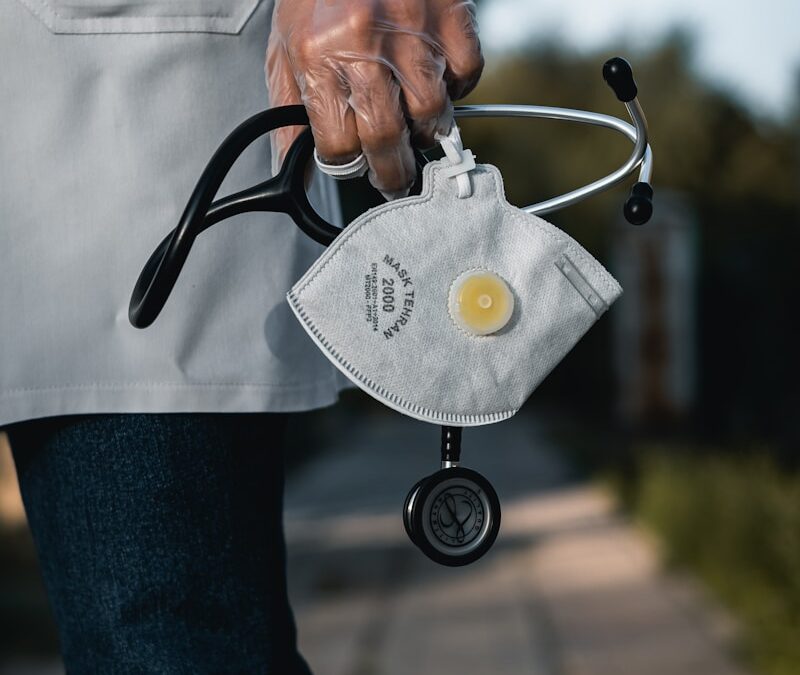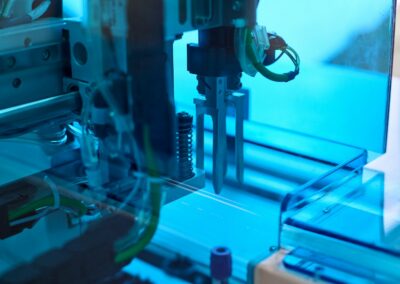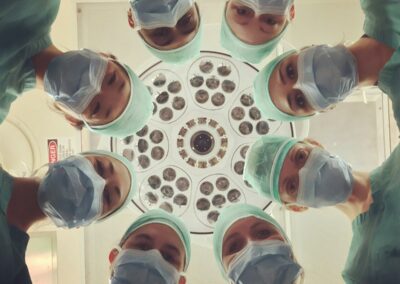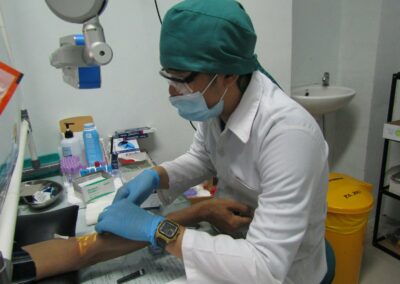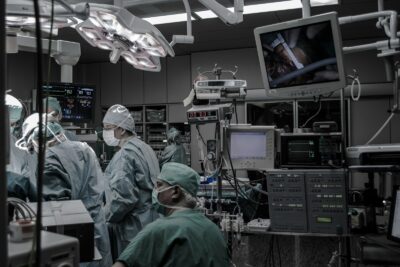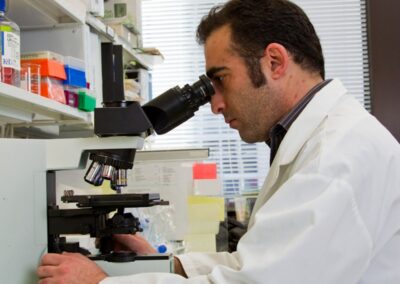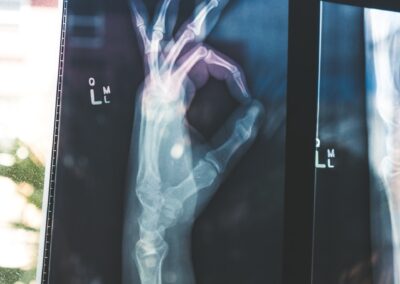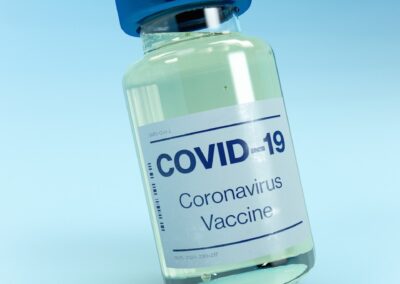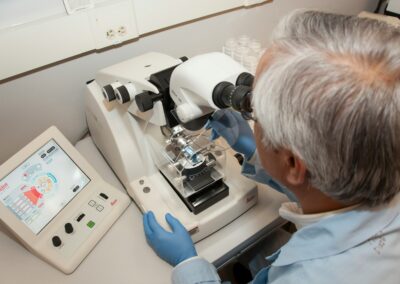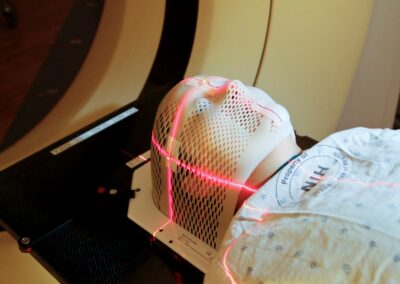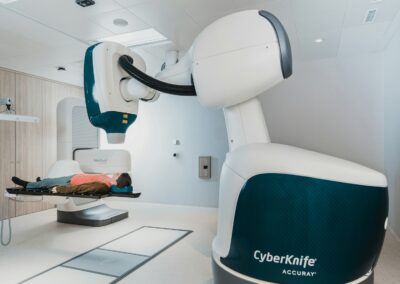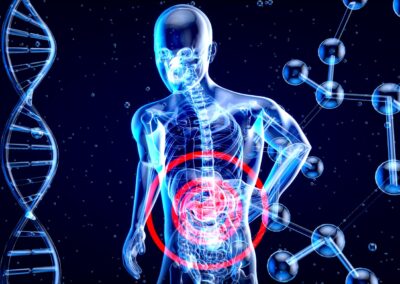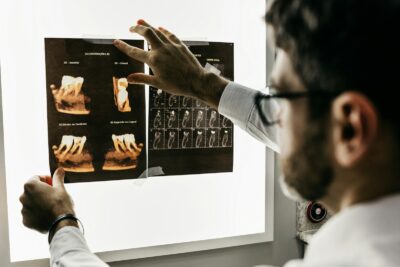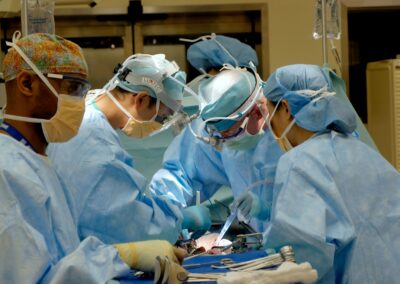Leveraging Biotechnological Innovations for Advanced Diagnostics
Biotechnological innovations in advanced diagnostics are revolutionizing the way we approach disease prevention and treatment. Modern biotechnology utilizes sophisticated techniques to develop diagnostic tools that are more accurate, efficient, and capable of detecting diseases at earlier stages. Innovations such as next-generation sequencing (NGS) and biomarker discovery have enabled the creation of highly sensitive diagnostic tests that can identify genetic predispositions and molecular signatures of various diseases. For instance, NGS allows for comprehensive genetic profiling, which can help in diagnosing rare genetic disorders and personalized treatment planning. By integrating these advanced diagnostic tools into healthcare systems, it is possible to achieve more precise and timely diagnoses, ultimately improving patient outcomes and reducing healthcare costs.
In addition to improving diagnostic accuracy, biotechnological advancements have also led to the development of innovative imaging technologies. These include advanced molecular imaging techniques that provide detailed insights into disease progression and treatment response. Such technologies enable healthcare professionals to monitor the effectiveness of therapies in real-time and make necessary adjustments to treatment plans. By incorporating these innovations, healthcare providers can enhance their diagnostic capabilities and deliver more targeted and effective care.
The impact of biotechnological innovations in diagnostics extends beyond individual patient care to broader public health benefits. Enhanced diagnostic tools contribute to early detection and prevention strategies, reducing the incidence and spread of diseases. For example, improved screening methods for infectious diseases can facilitate quicker containment measures and prevent outbreaks. As biotechnological advancements continue to evolve, their integration into diagnostic practices will play a crucial role in advancing public health and ensuring a healthier future for populations globally.
Biotechnology-Driven Therapeutic Innovations
Biotechnological innovations are also making significant strides in the development of advanced therapies. One notable advancement is the use of gene editing technologies, such as CRISPR-Cas9, which enable precise modifications to an organism’s genetic material. This technology holds the potential to correct genetic mutations responsible for various hereditary diseases, offering new hope for treatments that were previously considered unattainable. Additionally, biotechnology has facilitated the development of targeted therapies that focus on specific molecular targets associated with diseases. These therapies, such as monoclonal antibodies and small molecule inhibitors, offer more effective and less toxic treatment options compared to traditional methods.
Furthermore, the advent of regenerative medicine, driven by biotechnological innovations, has opened new avenues for treating diseases and injuries. Techniques such as stem cell therapy and tissue engineering have demonstrated the potential to repair or replace damaged tissues and organs. These advancements offer promising solutions for conditions that currently have limited treatment options, such as spinal cord injuries or heart disease. By leveraging biotechnology in therapeutic development, healthcare providers can offer more personalized and effective treatment solutions, enhancing the quality of life for patients.
Innovative Vaccines and Preventative Measures
In the realm of vaccine development, biotechnology has played a pivotal role in advancing the creation of new vaccines and improving existing ones. Techniques such as recombinant DNA technology and protein engineering have enabled the production of vaccines with enhanced efficacy and safety profiles. For example, mRNA vaccines, which have gained prominence during the COVID-19 pandemic, represent a groundbreaking approach that leverages biotechnological innovations to elicit strong immune responses. These vaccines offer the advantage of rapid development and adaptability, which is crucial in responding to emerging infectious diseases.
Biotechnology-driven innovations are also enhancing vaccine delivery systems, making them more efficient and accessible. Novel delivery methods, such as nanoparticle-based vaccines and oral vaccines, have the potential to improve vaccine uptake and compliance. These advancements address challenges related to vaccine distribution and storage, particularly in regions with limited healthcare infrastructure. By incorporating these innovations, global vaccination efforts can be more effective in preventing and controlling infectious diseases.
In conclusion, biotechnological innovations are at the forefront of transforming diagnostics, therapies, and vaccines, significantly impacting disease prevention and treatment. The integration of advanced diagnostic tools, therapeutic technologies, and innovative vaccines into healthcare systems is paving the way for more precise, effective, and personalized care. As biotechnology continues to advance, its role in healthcare will become increasingly critical, offering new solutions and improving outcomes for patients worldwide. By embracing these innovations, healthcare providers and businesses can drive progress and contribute to a healthier and more resilient global community.
#Biotechnology, #AdvancedDiagnostics, #HealthcareInnovation, #GeneEditing, #RegenerativeMedicine, #Vaccines, #Therapeutics, #BiotechAdvancements, #HealthcareTechnology

